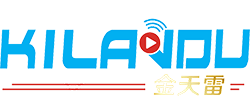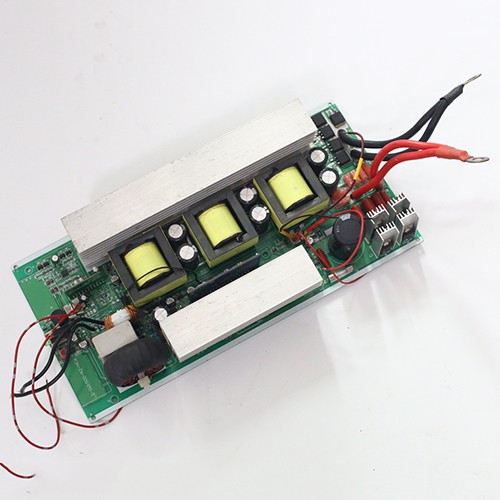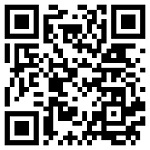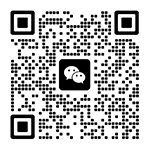Inverter product motherboard
The inverter product PCBA is the core component of the inverter, which is responsible for the signal processing, control logic and drive output of the inverter.
The inverter product PCBA is the core component of the inverter, which is responsible for the signal processing, control logic and drive output of the inverter. The technical specifications and application areas of the inverter PCBA are as follows:
Technical specifications:
1. Input voltage: The inverter PCBA usually supports a variety of input voltage levels, such as 380V, 400V, 500V, etc., to adapt to different power grid environments.
2. Output voltage: Depending on the model and application requirements of the inverter, the output voltage will also be different. Common analog outputs include 0-10V, 0-20mA, etc. .
3. Control mode: The inverter PCBA can realize multiple control modes such as sensorless vector control and sensor control .
4. Power unit: The power unit in the inverter PCBA is the key part to realize the frequency conversion function, and usually has different rated current specifications, such as 40A, 75A, 100A, etc. .
Application fields:
1.Industrial automation: Inverter PCBA is widely used in industrial automation equipment, such as conveyor belts, injection molding machines, textile machinery, etc., for speed regulation and energy saving.
2.Energy management: In energy management systems, inverter PCBA is used to optimize energy use and improve energy efficiency.
3.Transportation field: In rail transportation, electric vehicles and other fields, inverter PCBA is used for motor control and power output.
4. Infrastructure: In infrastructure such as water supply and sewage treatment, inverter PCBA is used to control pump stations and fans.
5. The design and manufacture of inverter PCBA need to consider factors such as electromagnetic compatibility, thermal management, reliability and safety to ensure that the inverter can operate stably in various environments. With the continuous advancement of technology, inverter PCBA is also constantly innovating technology and improving performance.
The inverter product PCBA is the core component of the inverter, which is responsible for the signal processing, control logic and drive output of the inverter. The technical specifications and application areas of the inverter PCBA are as follows:
Technical specifications:
1. Input voltage: The inverter PCBA usually supports a variety of input voltage levels, such as 380V, 400V, 500V, etc., to adapt to different power grid environments.
2. Output voltage: Depending on the model and application requirements of the inverter, the output voltage will also be different. Common analog outputs include 0-10V, 0-20mA, etc. .
3. Control mode: The inverter PCBA can realize multiple control modes such as sensorless vector control and sensor control .
4. Power unit: The power unit in the inverter PCBA is the key part to realize the frequency conversion function, and usually has different rated current specifications, such as 40A, 75A, 100A, etc. .
Application fields:
1.Industrial automation: Inverter PCBA is widely used in industrial automation equipment, such as conveyor belts, injection molding machines, textile machinery, etc., for speed regulation and energy saving.
2.Energy management: In energy management systems, inverter PCBA is used to optimize energy use and improve energy efficiency.
3.Transportation field: In rail transportation, electric vehicles and other fields, inverter PCBA is used for motor control and power output.
4. Infrastructure: In infrastructure such as water supply and sewage treatment, inverter PCBA is used to control pump stations and fans.
5. The design and manufacture of inverter PCBA need to consider factors such as electromagnetic compatibility, thermal management, reliability and safety to ensure that the inverter can operate stably in various environments. With the continuous advancement of technology, inverter PCBA is also constantly innovating technology and improving performance.
- Previous:Inverter product motherboard
- Next:没有了





